Our houses and surroundings are home to a number of tiny but significant sources of air pollution. These sources are close to where we live and work and include cars, trucks, lawnmowers, dry cleaners, backyard fires, and auto body shops. The aggregate total emissions from these more numerous, smaller sources are much higher than those from the state’s whole industrial sector.
The MPCA offers incentives for lowering air pollution as well as education, advice, and guidance to minimize pollution from these sources. We have initiatives that address a variety of environmental issues, including air quality, for corporations, cities, organizations, and communities.
- Reduce your car usage. In Minnesota, car exhaust is a significant cause of air pollution. Ride a bike, take the bus, carpool, or telecommute, electric cars. What would make you use less fuel?
- Keep your vehicle in good condition. Repair the oxygen and exhaust sensors right away. Every month, check the pressure in your tires because under-inflated tires have been shown to reduce gas mileage, especially at slower speeds.
- Stop your car’s engine. A concentrated area of pollutants results from an idle engine. Large trucks and buses emit very harmful pollution. Parents and educators can work with their child care centres and schools to create and implement no-idling rules.
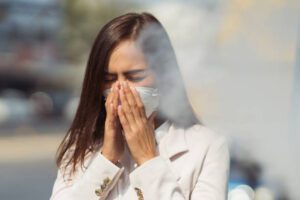 (Photo from istock)
(Photo from istock)
Further:
- Never burn your trash. It is generally forbidden in Minnesota to burn domestic waste because it is bad for the environment and your health. Contact your county to make arrangements for garbage removal services if you continue to dispose of your trash in a burn barrel, wood stove, or fire pit.
- Reduce backyard fires in the city. Numerous people may experience health problems due to smoke from backyard fires, particularly when the weather is gloomy. Urban fires are more of a nuisance for those with asthma and other respiratory diseases since cities have higher amounts of pollution than rural places.
- Plant trees and maintain them. Trees remove toxins and take in carbon dioxide. Moreover, trees help cool our homes and release oxygen into the atmosphere.
- Use hand-powered or electric lawn equipment instead. Pollution control mechanisms are frequently absent from gas-powered engines, such as those found in lawnmowers, leaves or snow blowers. A lawnmower running for one hour can generate almost as much pollution as a 100-mile vehicle drive! Employ electric or hand-powered lawn care tools instead.
 (Photo from istock)
(Photo from istock)
Further:
- Conserve energy. Choose energy-efficient heating and cooling systems. Get an energy audit and heed the recommendations. Unused electrical equipment should be turned off. All of it adds up.
- No to plastic bags: Because plastic products are made of oil, which takes a very long time to degrade, using them could be quite hazardous to the environment. Because they decompose rapidly and can be recycled, paper bags are a better option.
- Utilize chimney filters: The gas that is emitted from households’ and factories’ fireplaces causes serious air pollution and affects the environment. Using filters will at least lessen the influence of harmful gases absorbed in the air if consumption couldn’t be lowered.
- Avoid using crackers: Sadly, one of the largest sources of air pollution during celebrations and weddings is the use of crackers, which creates a layer of haze that is quite dangerous to one’s health. Thus, the rule of no crackers should be followed.
- Avoid utilizing products containing chemicals: Merchandise with chemicals in them should be used sparingly or outside the house. Examples include paints and perfumes. Using goods with low chemical content and organic qualities is another option.
Start from your home:
There are numerous strategies to enhance indoor air quality in a house. We can all help make our country a cleaner place by using less energy, buying greener goods, and avoiding chemical exposure.
Air pollution can be decreased by reducing energy consumption. Your bills will go down and fewer pollutants will be released if less gasoline, natural gas, and electricity are consumed (electricity is produced by power plants using fossil fuels).
Also, there are other items in the house, yard, and garage that when used, release compounds that haze the air. Use products with low chemical content and organic properties since the volatile organic compounds (VOCs) and particulate matter (PM) they contain can cause asthma attacks or exacerbate respiratory disorders by penetrating deep into the lungs.
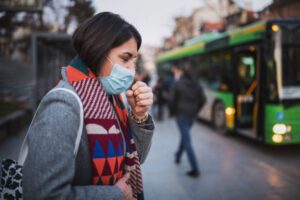 (Photo from istock)
(Photo from istock)
The following ideas will assist you in lowering exposure in your house:
- When leaving a room, turn off the lights.
- Compact fluorescent light bulbs can replace incandescent bulbs, which consume a lot of energy.
- Get a house audit from your energy provider and enquire about renewable energy options like solar or wind.
- Choose a fan over air conditioning.
- In the summer, set a programmable thermostat to 78°F, and in the winter, adjust it to 68°F.
- Put in low-flow showerheads.
- Recycle organic materials, metals, plastics, and paper.
- Replace the insert or use a wood stove that has received EPA approval.
- On days with poor air quality, avoid using your wood stove or replacing it.
- Avoid using a gas stove to warm your house.
- While using numerous appliances, turn off the surge protector when not in use.
- Your home should have insulation.
- Use cold water to wash and line-dry your clothes.
- When it comes time to replace, search for energy-efficient equipment.
- Utilize a natural gas or propane grill as opposed to a charcoal one.
- For quick dinners, use a microwave or toaster oven.
- Have your gas heater and appliances checked out and maintained on a regular basis.
- Instead of using throwaway dinnerware, use washable dishes, utensils, and cloth napkins.
- Opt for products made of recycled materials.
Things to take care while at work:
There are numerous strategies to cut back on consumption at the office. Given that we spend a significant portion of each week at work, use the advice below to maintain an environmentally friendly workplace:
- Establish a programme for recycling.
- Print twice on paper when you copy and print.
- Carry lunch with you to work to avoid mid-day excursions.
- After hours, turn off the computers, printers, and fax machines in the office.
- Open the blinds and switch off the lights to harness the power of the sun.
- Before adjusting the temperature, dress appropriately and adjust your clothing.
Reference:
Air Quality Index India
Want to know ideas to lessen the water pollution, click on the link below:
How to Lessen Water Pollution

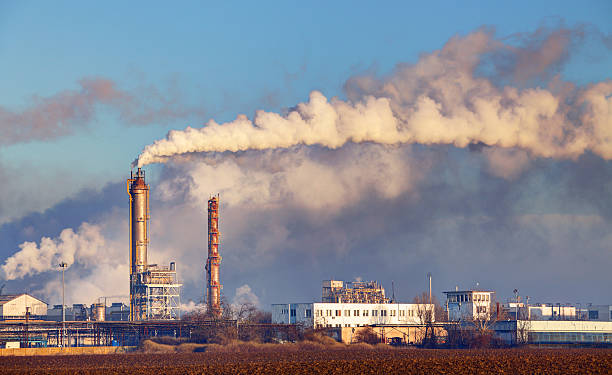
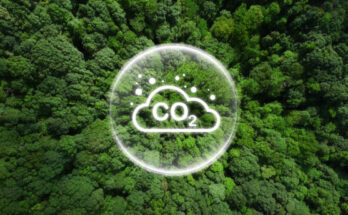
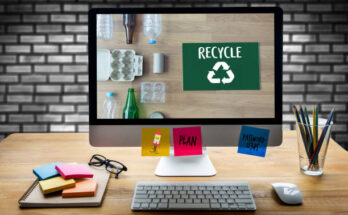

4 Comments on “How to lessen Air Pollution”